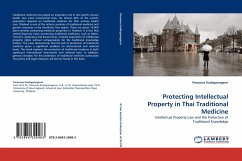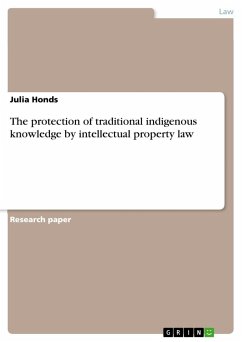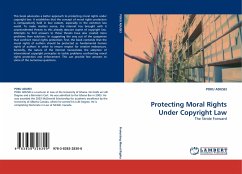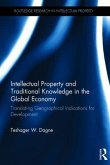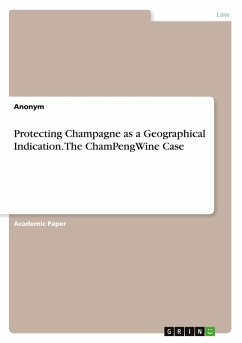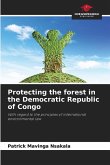Traditional medicine has played an important role in the world's human health care since immemorial time, for almost 80% of the world's population depends on traditional medicine for their primary health care. Thailand is one of the richest countries of traditional medicine and genetic resources in the Southeast Asia region. There are about 10,000 plant varieties containing medicinal properties in Thailand. It is fact that several biopiracy cases concerning traditional medicines, such as Neem, Turmeric, Ayahuasca and Kwao Kruae, involved acquisition of intellectual property rights without compensation for the traditional knowledge holders. The cases demonstrate that the lack of protection of traditional medicine poses a significant problem on international and national levels. This book explores the protection of traditional medicine in both significant international instruments and national laws. In addition, general concepts for the protection of traditional medicine particularly Thai policy and legal measures will also be found in this book.
Bitte wählen Sie Ihr Anliegen aus.
Rechnungen
Retourenschein anfordern
Bestellstatus
Storno

